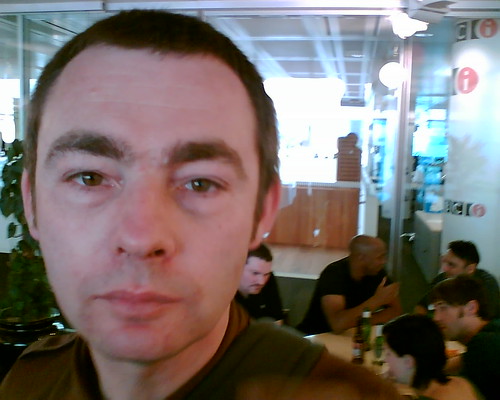From
The Fall to
myspace to
Tube maps to
Chelsea FC every day brings another clumsy example of brand/big media owners coping with their "community" or basically understanding how to deal with people. This control vs enable dilemma being played out everywhere I look is articulated in of all places, this morning, by the
Lords Select Committee examining
the BBC's Charter renewal. They have just published a further report;
"Further Issues for BBC Charter Review" (pdf) looking at Digital Switch Over, The BBC's proposed move to Manchester, Sports Rights and buried in the section on the coverage of Local services is this. Emphasis is mine.
We took evidence on local services from Lord Puttnam. He told us that he
would like to see different community organisations, of different types,
getting involved in the production of local television services. He suggested
that the BBC could be a key partner with local organisations with the aim of
producing truly local services. However he was also doubtful that this would
happen because he believed “the BBC traditionally is a horrible partner. It
does not partner”
We believe that the provision of local and ultra-local services requires a
genuinely local community starting point. We recommend that the BBC
should consider the provision of ultra-local services as an opportunity
to demonstrate its partnering skills by working alongside a range of
local organisations. The BBC may have a contribution to make to
such grass roots initiatives by facilitating and partnering rather than
by controlling and directly supplying new local services. Accordingly,
we believe that any implementation of the BBC’s proposals for ultralocal
services should be preceded by further pilot initiatives involving
strong local, grass roots, participation.

